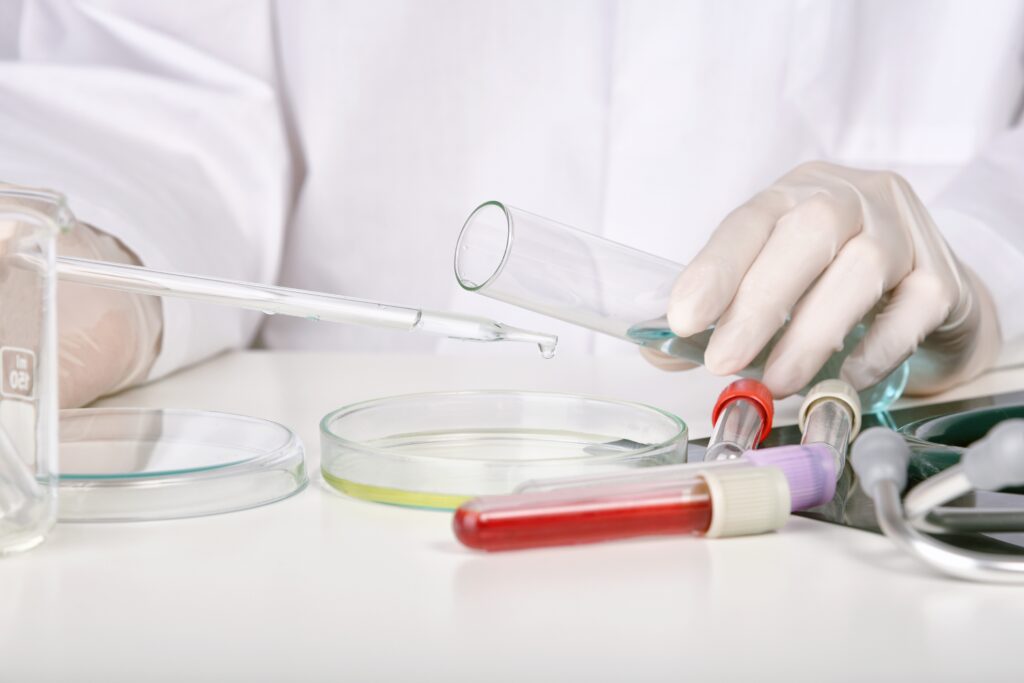Do you ever wonder how often you should be getting your thyroid checked? Or even what is being checked by the doctor? The labs that are obtained look at levels of the thyroid stimulating hormone (TSH) and free thyroxine or total thyroxine.
The TSH is particularly important as it acts as a gauge. It tells us if enough thyroid hormone is being produced by the thyroid gland. The TSH can be used reliably if there is no concern about brain function, specifically the hypothalamus and pituitary. See the blog on hypothalamic pituitary thyroid axis if you want to learn more about how these hormones are regulated in the body.
How often should you get thyroid checked?
Most, if not all infants, get a newborn screen done before they leave the hospital in the US. Part of this screening panel of tests, thyroid hormone level or levels are checked. If you want to learn more about thyroid testing on the newborn screen click here.

After the newborn period, thyroid labs may be obtained depending on the clinical scenario. They may be checked once if there is concern that you are displaying signs and symptoms of hypothyroidism. If they are normal there may be no need to check them again.
If you have a thyroid condition, then labs are monitored regularly.
- 0-6 months: labs may be checked every 1-2 months.
- 6 mo - 2 years: labs are checked every 2-3 months.
- 3 years and older: labs may be checked every 3-6 months.
In children under the age of 3 years who have thyroid disease, labs are checked more frequently due to a couple of reasons.
- The child is growing rapidly and may need dose adjustments more frequently.
- This is a crucial time for brain development and levels are kept under tighter control to optimize neural development.
What happens when the dose is adjusted?
Another time when labs may be checked 4-8 weeks after the dose is changed. If there are signs and symptoms of hypothyroidism or hyperthyroidism while on replacement hormone therapy then levels would also need to be checked. If you want to learn more about replacement therapy click here.
Hyperthyroidism is a condition where there is too much thyroid hormone in the body. This may occur due the autoimmune nature of the thyroid disease or if the dose prescribed is too much. Click here if you are interested in learning about the hyperthyroid phase in Hashimoto’s. It's important to base the dose on lab results and not just symptoms, as symptoms do not provide reliable evidence for dose modifications.
The normal range of these tests depends on the age of the person and the assay used. Labcorp’s reference ranges can be looked up easily at


